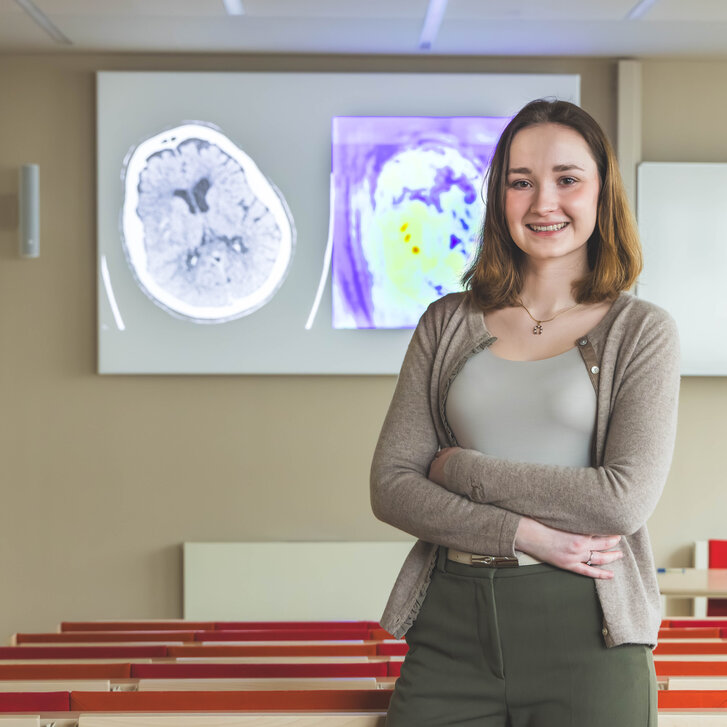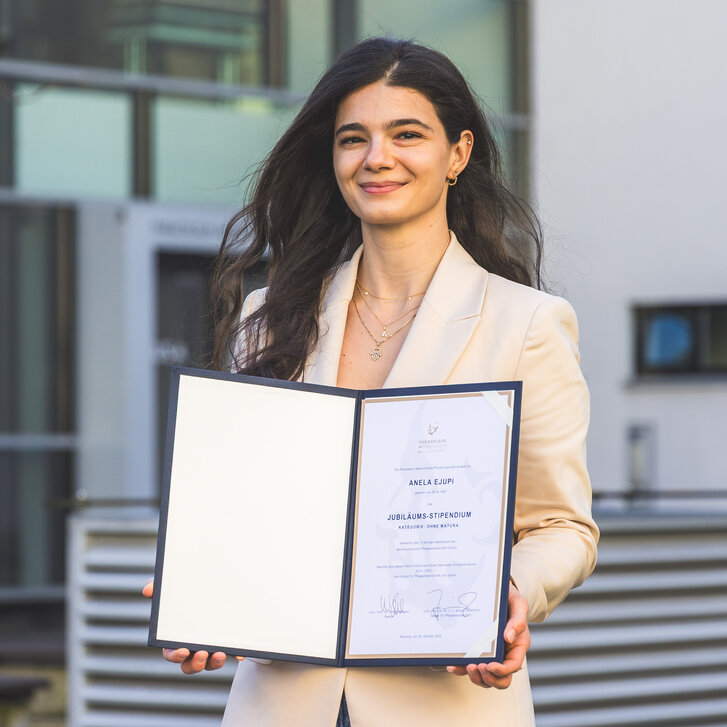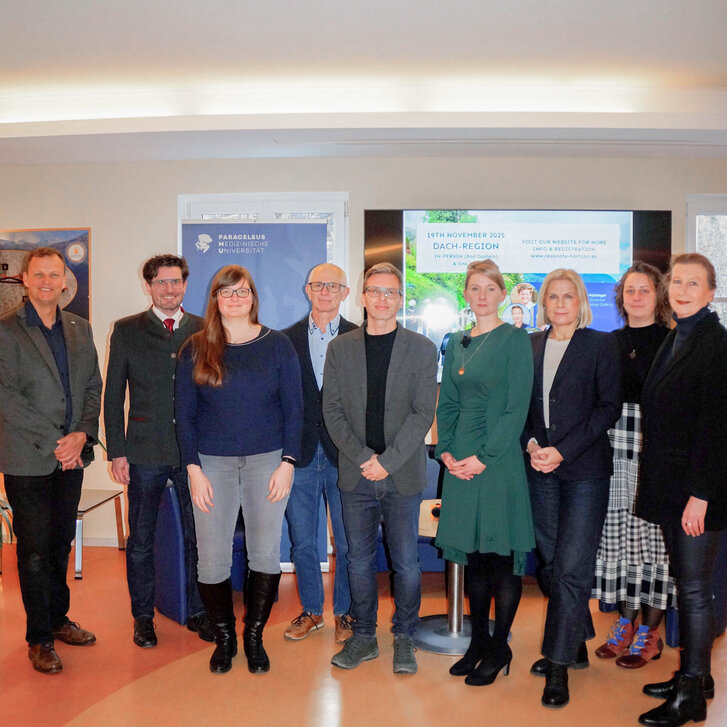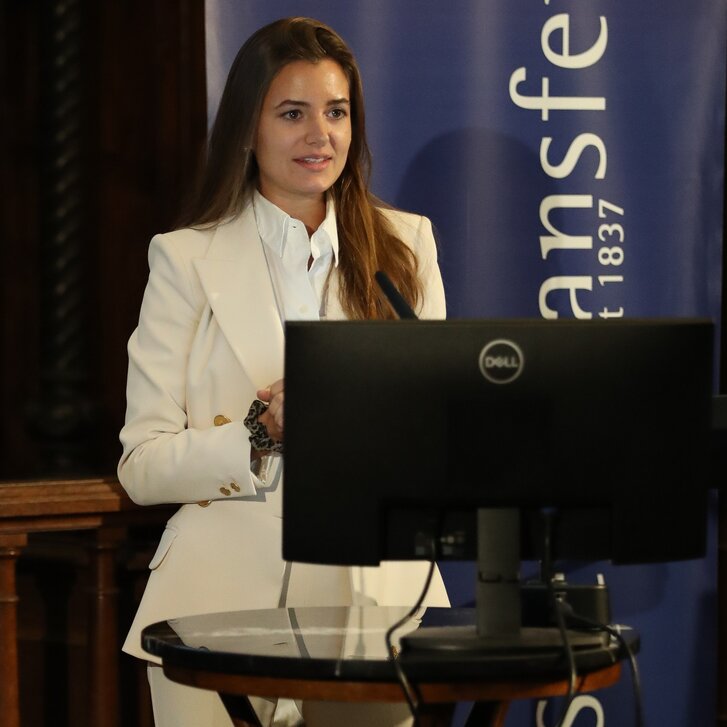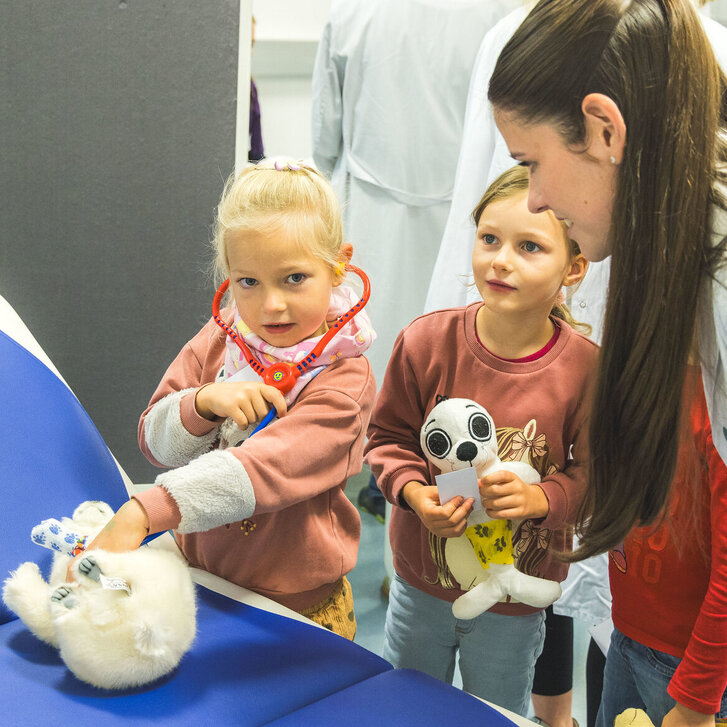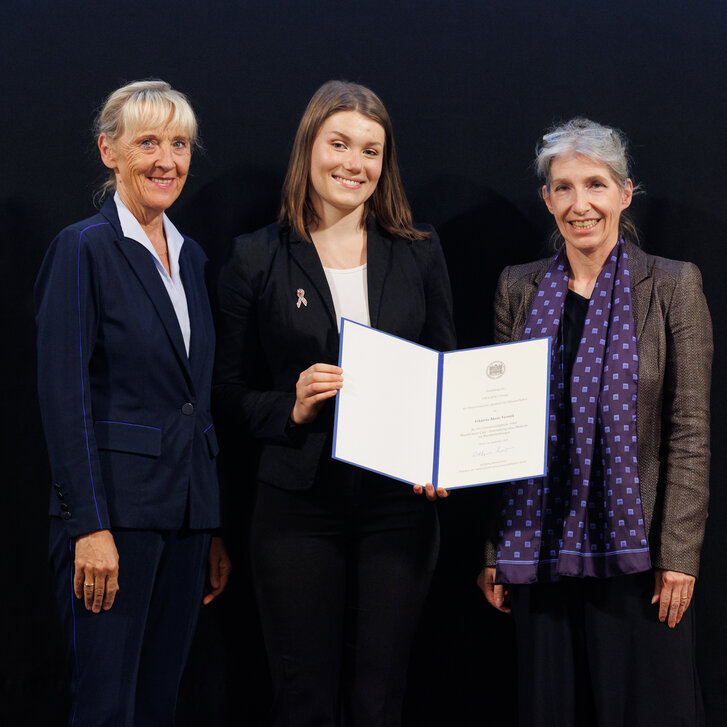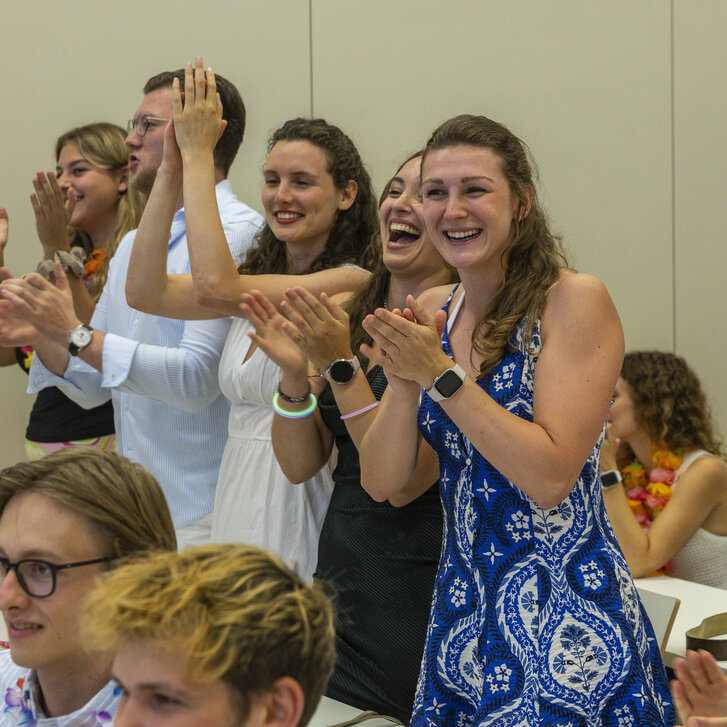
Research Group for Pharmacotherapy: Recommendations for the Treatment of Parkinson's Psychosis

In a collaborative project between the Research Group for Pharmacotherapy/Pharmacy (PD DDr. Olaf Rose, Dr. Stephanie Clemens) and Neurology under the leadership of Prof. Dr. Eugen Trinka, a clinically significant question was examined: How should Parkinson’s psychosis be optimally treated?
Psychosis is a common and distressing symptom in Parkinson's patients. It can either arise directly from the disease itself or as a side effect of dopaminergic Parkinson's medications. The treatment is challenging because most antipsychotics are unsuitable: they antagonize the dopaminergic system, which is already impaired in Parkinson's patients.
Pharmacotherapy—the treatment of diseases through the targeted use of medications—plays a central role in this context. The goal is not only to alleviate symptoms but also to minimize unwanted side effects and improve the patients' quality of life through the selection of appropriate active ingredients.
As part of the study, a systematic review was conducted, supplemented by a survey of Parkinson's experts. The results show a clear preference for clozapine due to its superior efficacy and side effect profile. The study therefore recommends using clozapine as the first-line treatment for Parkinson’s psychosis. In contrast, the commonly used quetiapine was found to be less effective.
Currently, an additional patient survey is being conducted at the University Clinics for Neurology and Geriatrics to incorporate their perspectives into the treatment recommendations. The results from this survey are expected later in 2025.
Image #1: Evaluations regarding efficacy and side effects for clozapine and quetiapine
Image #2: Combined overall results of the study
// Translated by ChatGPT



